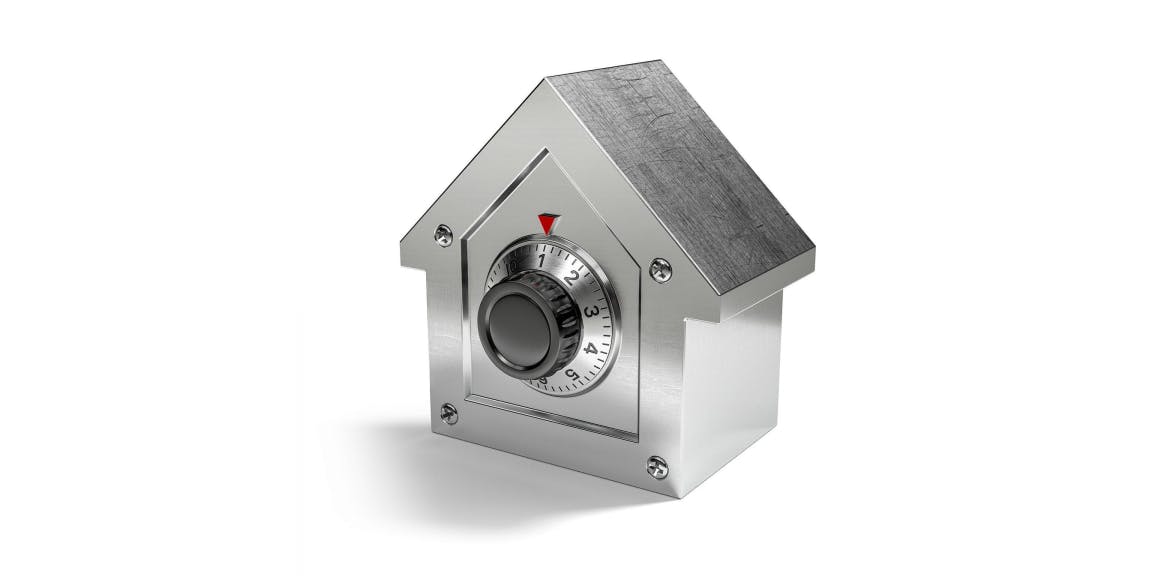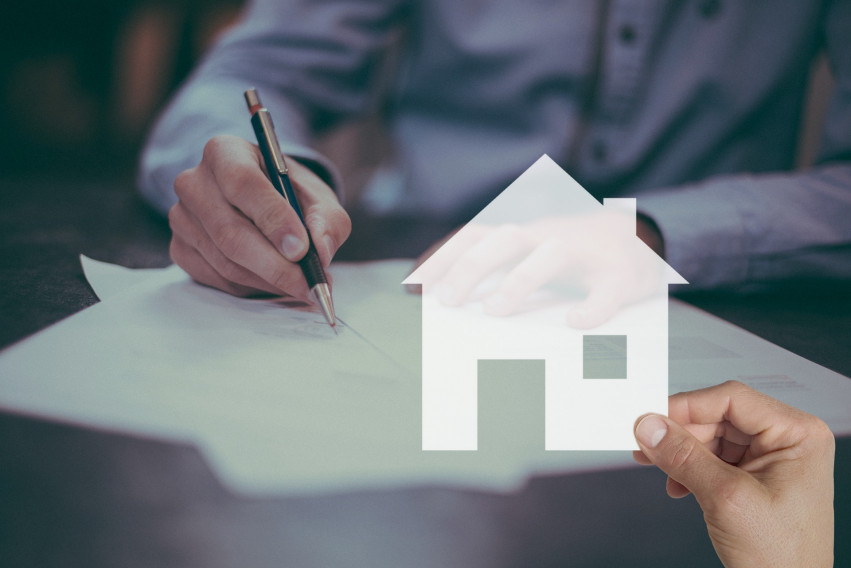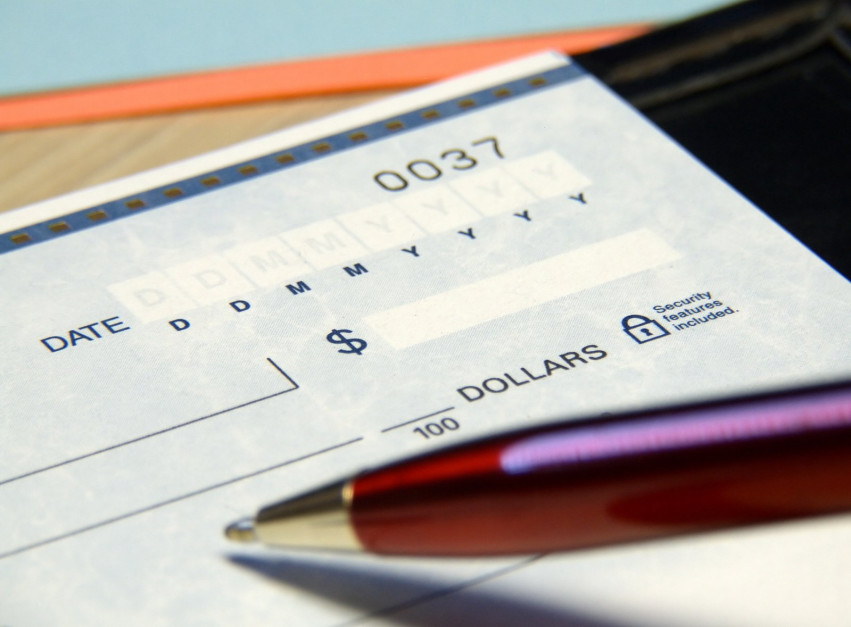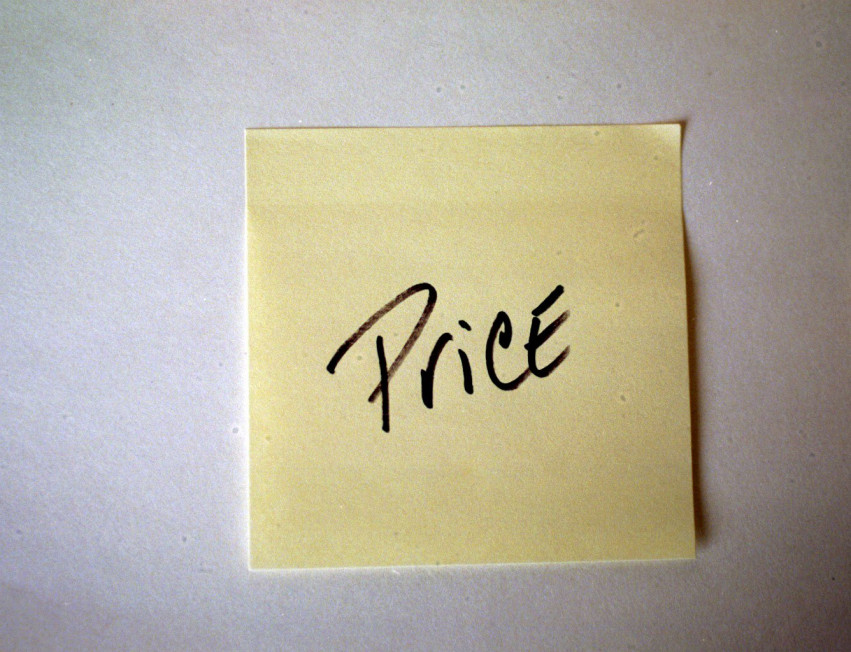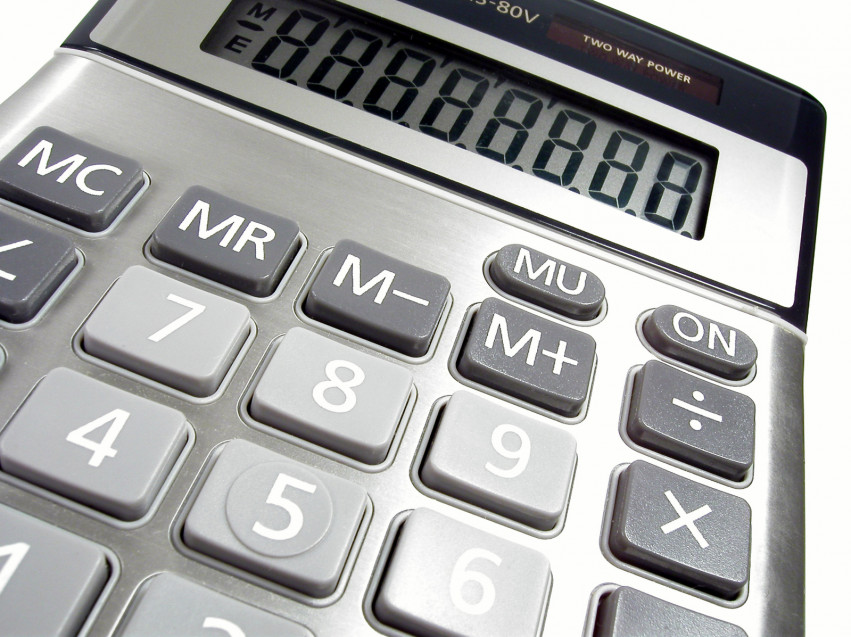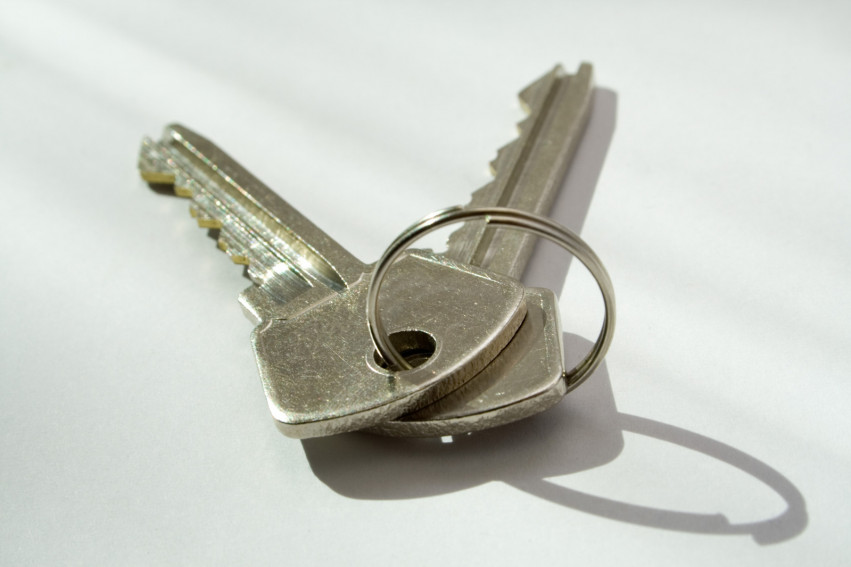When you put in an offer to buy a home, a deposit typically accompanies your offer. In fact, the size of the deposit plays a big role in how attractive your offer will be in the eyes of the seller.
But buying a home also requires that you take out a mortgage, if you are unable to make an all-cash offer. And part of taking out a mortgage involves making a down payment.
Since both a deposit and down payment go towards the purchase price of the home, aren’t they technically the same? What’s the difference between the two?
Among all the questions that homebuyers have — especially first-time homebuyers — the confusion between the deposit and down payment is one of the more common ones. So, what’s the difference between a deposit and a down payment? Or are they the same?
Deposits: Defined
A deposit on a real estate offer is a certain amount of money that a buyer offers to a seller as part of an offer to purchase a home. It’s not unlike other types of deposits whereby a buyer would put down a deposit on a large purchase with the promise to pay the full amount at a later date.
The larger the deposit amount, the more secure the offer is, as failure to come up with the full amount by the agreed-upon date will result in the loss of the deposit on the part of the buyer.
The same can be said for real estate. When you supply a deposit cheque along with your offer, you’re promising the seller that you’ll pay the full amount at a later date in the near future. If you can’t come up with the full purchase price on your own, you would have to enlist the help of a mortgage lender to loan you the money needed to pay the seller in full for the home.
If you can’t secure a mortgage by a specified date, you risk forfeiting your deposit. That’s why it’s important to have a financing condition in the offer, which will give you a certain amount of time to get final mortgage approval from your lender. If you can’t secure the mortgage by the specified date, then you can walk away from the deal and get your deposit back.
There isn’t a set required deposit amount when it comes to real estate deals in Ontario. Having said that, the standard deposit is usually around 5% of the offer price. For example, if you are offering $700,000 for a home, the deposit amount should be somewhere around $35,000.
Your deposit will go towards the down payment — or the purchased price of the home — if the seller accepts your offer. When the offer is accepted, you’ll need to supply the deposit stipulated in the Agreement of Purchase and Sale to the listing agent’s brokerage within 24 hours of offer acceptance.
In some cases, you may want to supply the deposit along with the offer itself, especially if you are bidding against other buyers in a multiple offer situation.
Down Payment: Defined
A down payment is the portion of the purchase price of a home that you come up with on your own without having to borrow it from a lender. This amount goes towards the home’s purchase price and is not financed through a home loan. Since you’ve already made a deposit, the down payment amount will be the percentage difference between the mortgage and the deposit.
Let’s say you agreed to buy a home for $700,000 and made a deposit of $35,000. That means you still owe $665,000.
If you decide to make a down payment of $100,000 to secure a mortgage, you can deduct that initial $35,000 deposit, which means you’d still have to come up with $65,000 in the form of a down payment to total $100,000. The remaining $600,000 would then need to be financed.
The bigger the down payment, the less you will have to borrow from the lender. That means your mortgage payments will be lower. Further, a larger down payment will also improve your chances of getting approved for a mortgage, as it will reduce your loan-to-value ratio and therefore lower your risk in the eyes of the lender.
In addition, the more money you can come up with for a down payment, the lower your interest rate may be, taking other factors into consideration. And a lower rate means less money paid out over the life of the mortgage.
On the day of closing, your lawyer will transfer the remainder of the balance owed after deducting the deposit amount to the seller’s lawyer. This balance includes the down payment and mortgage amount.
Once all monies have been transferred, you’ll get the keys to your new home by no later than 6pm on closing day. The home is now yours!
Selling Your Home During COVID-19?
Get your home’s value – our custom reports include accurate and up to date information.

